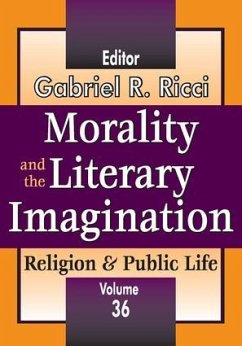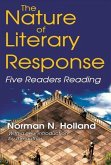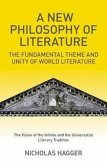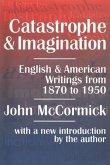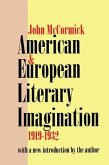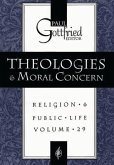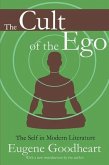In a letter to Boccaccio, Petrarch extolled the virtue of poetry and letters for promoting an understanding of both human nature and morals. Th e letter was designed to console him after hearing a prediction that he was soon to die and that he ought to renounce poetry. Th e prophecy came from an elder renowned for his piety, but Petrarch admonished that too often dishonesty and fraud are couched in religious sentiments. Nothing, not even death, according to Petrarch, ought to divert us from literature. For Petrarch, Virgil was the source for understanding how literary studies not only promote eloquence, but enhance morals. If anything, literature dispels the fear of death. Th e claims of this volume is that it may be the case that the virtuous life can be achieved by those ignorant of letters but a more direct and certain route is guaranteed by a devotion to literature.

